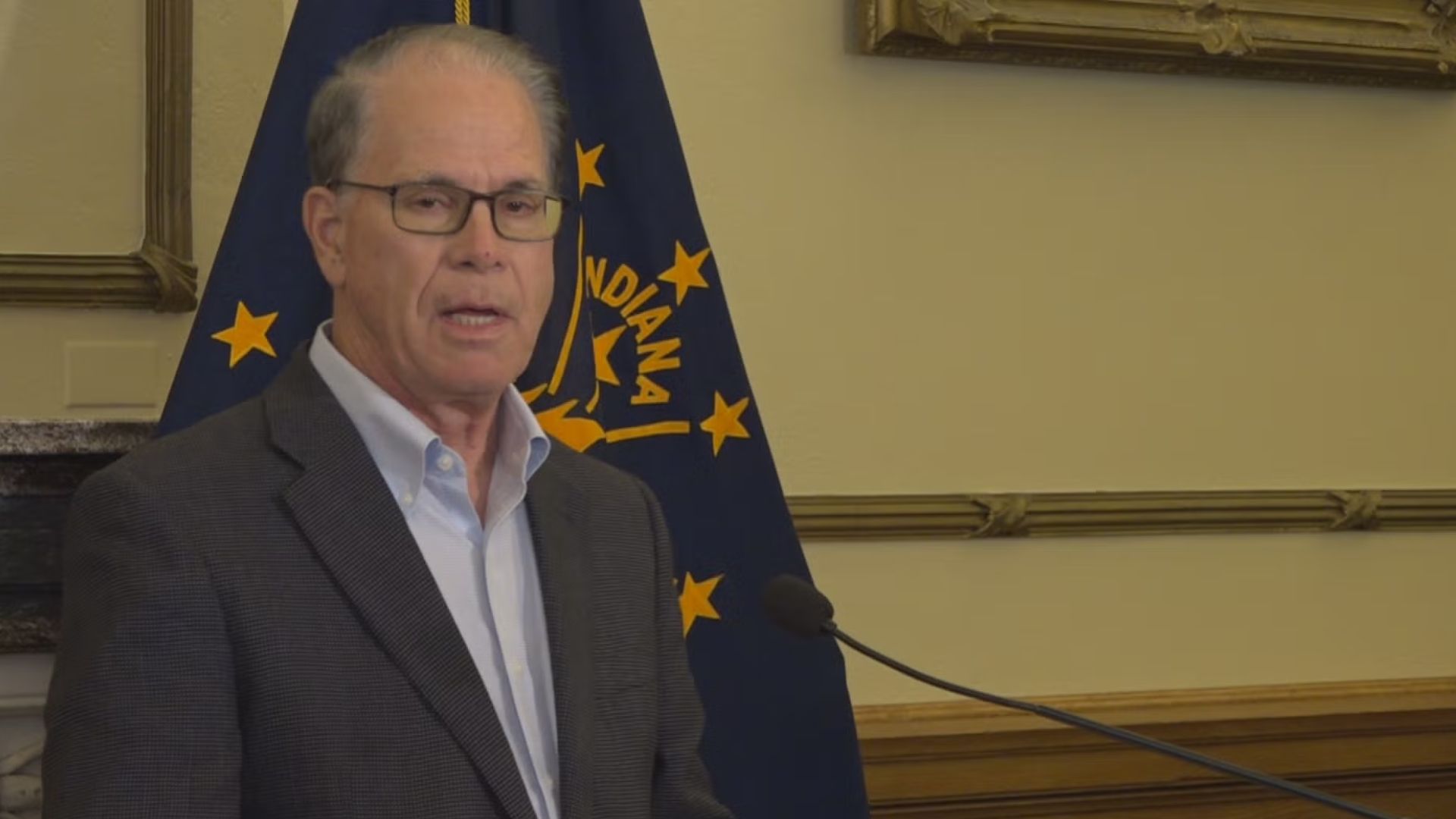Indianapolis, Indiana – Indiana Governor Mike Braun has officially called for a special session of the state legislature to tackle pressing issues surrounding redistricting and both federal and state tax policies. The announcement, made earlier this week, signals the governor’s intent to move quickly on matters he describes as critical for fair representation and economic clarity for Hoosiers.
“This special session is about ensuring Hoosiers have confidence in both how their voices are represented and how their taxes are structured,” Braun said. “We need to address these issues head-on and provide solutions that are practical, fair, and transparent.”
The session comes amid ongoing debates over how legislative and congressional districts are drawn in Indiana. Redistricting, which occurs every ten years following the U.S. Census, has become a politically sensitive topic, with questions raised about fairness, gerrymandering, and the proper balance of urban and rural representation. Braun’s call for a special session indicates his administration wants the legislature to review proposed maps and voting boundaries promptly, rather than wait until the next regular session.
In addition to redistricting, state officials will also examine federal and state tax matters during the session. Lawmakers are expected to consider proposals aimed at improving tax compliance, reducing burdens on working families, and ensuring that Indiana’s policies align with recent federal tax changes. Braun has emphasized that addressing these financial matters is vital to support both small businesses and families across the state.
“This isn’t just a political exercise,” Braun said. “It’s about ensuring Indiana’s tax policies are clear, fair, and beneficial to the people who rely on them the most.”
The governor’s announcement has drawn responses from both Republican and Democratic lawmakers, with some expressing cautious optimism and others urging careful consideration of any proposed changes. Redistricting, in particular, has long been a contentious issue in Indiana, and the public can expect extensive debate as lawmakers weigh competing interests and community needs.
Special sessions in Indiana are relatively rare and usually reserved for urgent matters, underscoring the significance Braun places on addressing these challenges quickly. Lawmakers will convene at the Statehouse later this month, with the session expected to last until a consensus is reached on both the redistricting maps and key tax reforms.
As the session approaches, residents are encouraged to follow updates from the governor’s office and local representatives to understand how proposed changes may affect voting districts and tax policies. Braun has stated that public engagement and transparency will remain central to the process, and he hopes the session will result in decisions that strengthen the state’s economy and democratic processes.
Whether the session will produce sweeping changes or more incremental adjustments remains uncertain, but the governor is clear about his priorities. “We have an opportunity to get this right for the people of Indiana,” he said. “This session is about action, fairness, and ensuring that our government works for everyone.”









